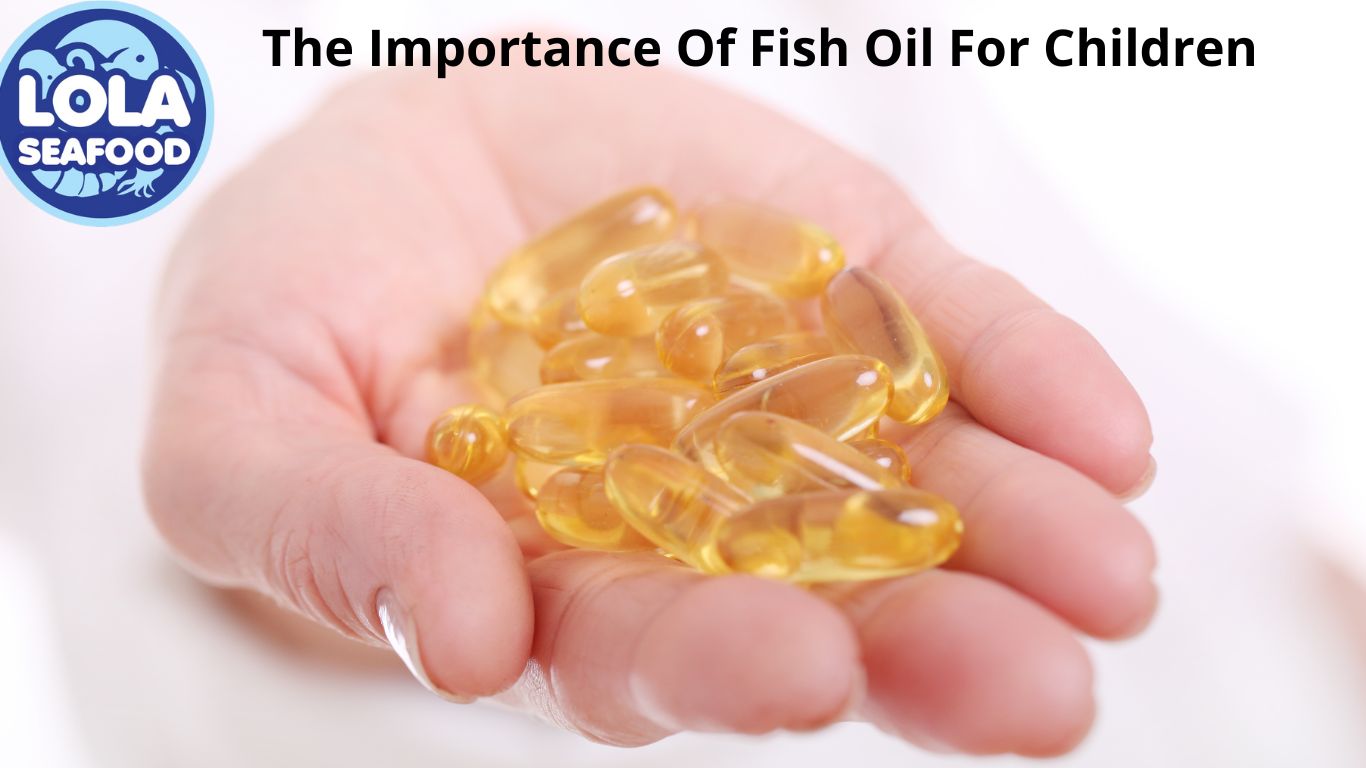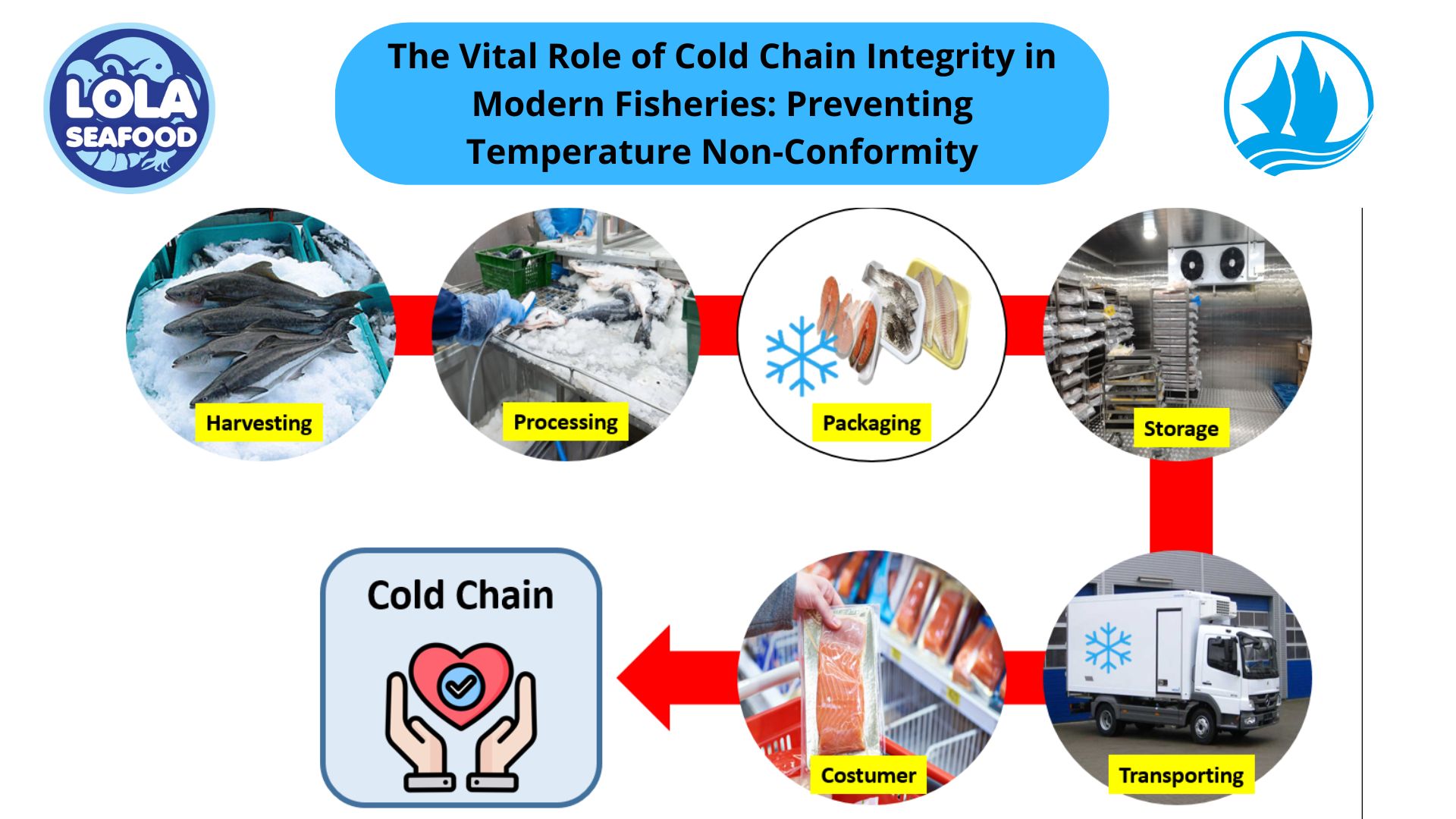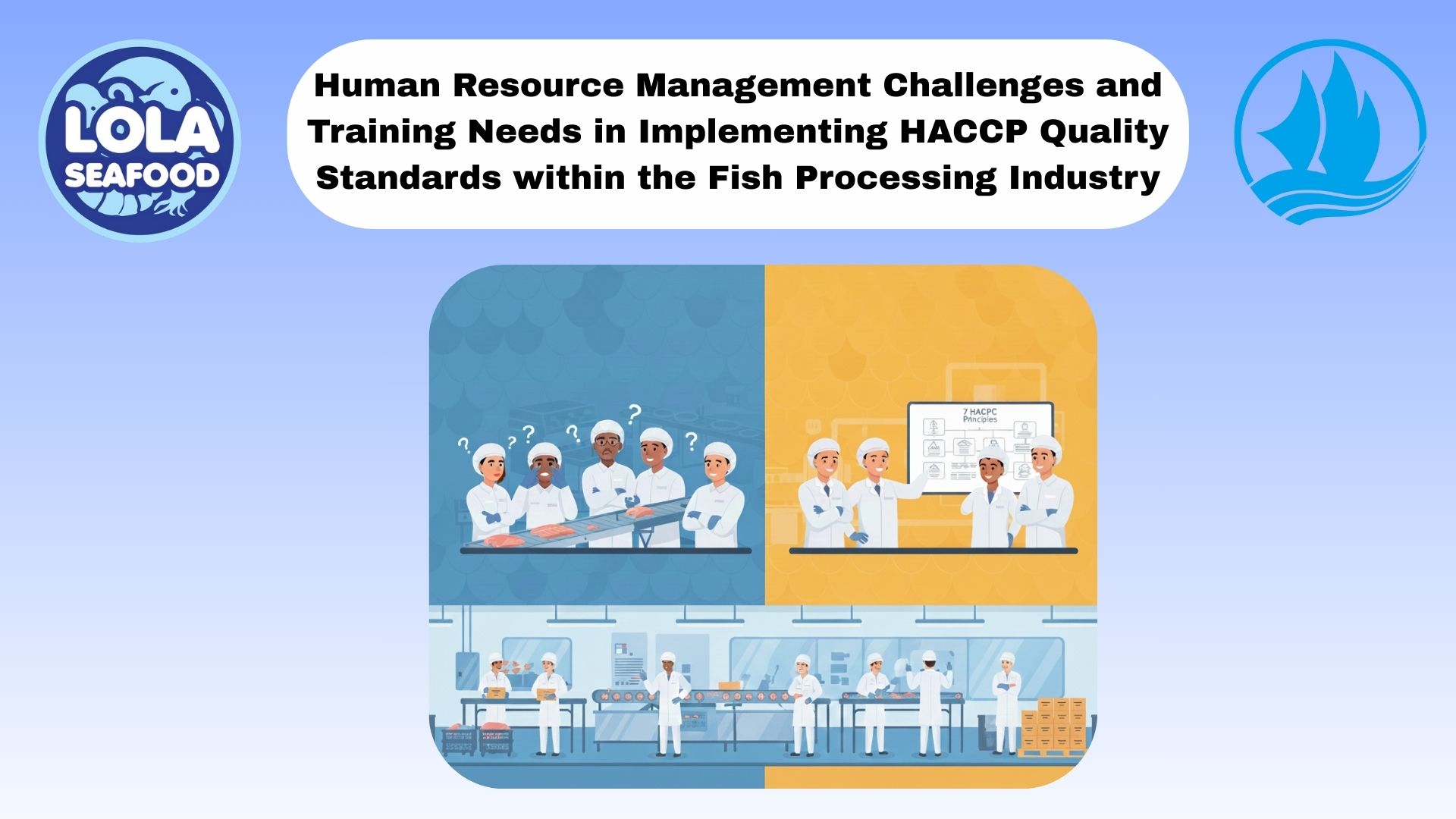The Importance Of Fish Oil For Children
By. Najih - 26 Nov 2024
Fish oil, rich in omega-3 fatty acids, is crucial for children's growth and development. It supports brain health, enhances cognitive functions, and may improve symptoms of ADHD and asthma. Additionally, omega-3s play a vital role in eye health and immune function, making them an important part of a child's diet. Here are some key points regarding the importance of fish oil for children:
Key Benefits of Fish Oil
- Brain Development: Omega-3 fatty acids, particularly DHA, are essential for brain growth and function. They contribute to improved learning, memory, and cognitive abilities.
- ADHD Management: Research suggests that omega-3 supplements may help reduce symptoms of Attention Deficit Hyperactivity Disorder (ADHD), such as inattention and hyperactivity.
- Asthma Relief: Omega-3s may alleviate asthma symptoms, helping to improve respiratory health in children.
- Eye Health: DHA is a major structural component of the retina, making fish oil beneficial for maintaining good vision.
- Immune Function: Omega-3 fatty acids support the immune system, helping children fend off illnesses.
- Sleep Quality: Some studies indicate that omega-3 supplementation can improve sleep patterns and reduce sleep disturbances in children.
Sources of Omega-3 Fatty Acids
- Fatty Fish: Salmon, mackerel, sardines, and tuna are excellent sources of EPA and DHA.
- Plant Sources: Flaxseeds, chia seeds, and walnuts provide ALA, another type of omega-3 fatty acid.
- Supplements: Fish oil and algal oil supplements can be used, especially for children who do not consume enough omega-3-rich foods.
Dosage Recommendations
- Consult Healthcare Providers: It's essential to talk to a healthcare professional before starting any supplement regimen for children.
- General Guidelines: Most studies suggest a daily intake of 120–1,300 mg of combined DHA and EPA for children, depending on age and health needs.
Potential Side Effects
- Mild Side Effects: Common side effects of omega-3 supplements may include digestive issues, bad breath, and headaches.
- Allergies: Children with fish or shellfish allergies should avoid fish oil and consider plant-based alternatives.
Incorporating fish oil into a child's diet can provide numerous health benefits, supporting their overall growth and development. Ensuring they receive adequate omega-3 fatty acids through food or supplements can help promote better health outcomes.

Optimizing Wild-Caught Fish Logistics: Maintaining Thermal Core Integrity During Long-Haul Transport
.jpg)



.jpg)

 and Employee Productivity on the Demersal Fish Processing Floor.jpg)
